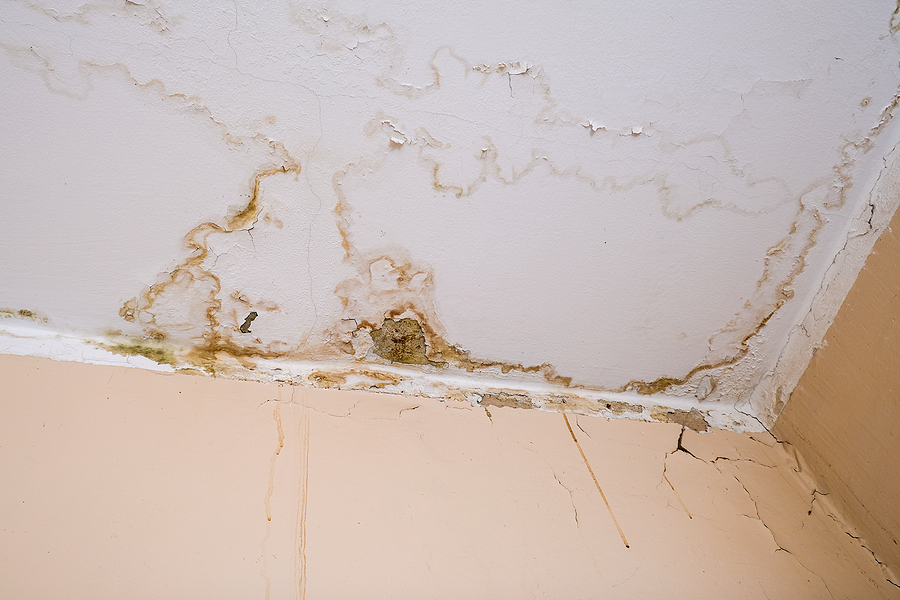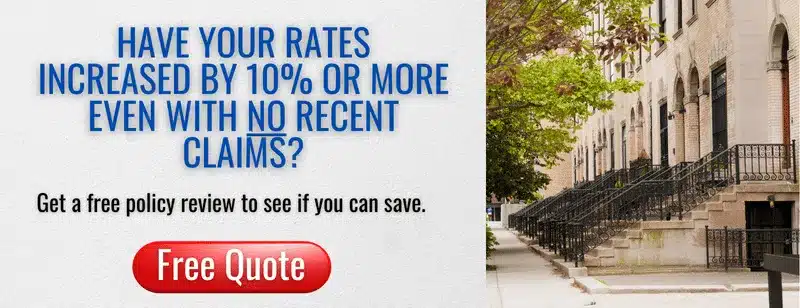A Building Owner’s Guide to Mold Prevention

With mold exposure linked to several adverse health effects and symptoms, mold prevention is essential for maintaining a healthy indoor environment. In fact, horror stories abound of people who have been forced from their homes because of toxic mold. The nightmare extends not only to the mold remediation process, but also to the insurance battles.
Home and building owners in New York City should be aware that mold is often excluded from homeowner and building insurance policies. So the best way to protect that Brooklyn brownstone is to prevent mold in the first place. For building owners, mold is also included as part of the New York Indoor Allergen Law.
Mold prevention comes down to controlling moisture.
By solving moisture problems early, you make your building much less hospitable for mold proliferation.
Landlord Tips for Mold Prevention
- Repair any leaks in the building envelope—roof and walls—as soon as possible. Conduct regular inspections for early identification of problems.
- Look for condensation and wet spots. Find the source of the moisture problem, and fix it.
- Remove any materials or items that are prone to mold germination, like ceiling tiles and carpet padding. (Often mold losses stem from building materials or personal property that doesn’t dry properly.)
- Keep humidity levels as low as you can, below 60% relative humidity, and ideally between 30-50%.
- Keep heating, ventilation and air conditioning (HVAC) drip pans clean and unobstructed.
- Vent dryers and other appliances that produce moisture to the outside, where possible.
- Perform regular building and HVAC inspections and maintenance.
- Use cleaning products that are designed to prevent mold and bacteria growth.
- Remove or replace carpets and upholstery that have been soaked and cannot be dried immediately. Consider not using carpets in areas with a lot of moisture, like bathrooms and basements.
More information on mold prevention and remediation for commercial properties like apartment, condominium and co-operative buildings is available from the Environmental Protection Agency.
If you have any questions about this article, or if you would like a free insurance review, please call our office at 877-576-5200.

